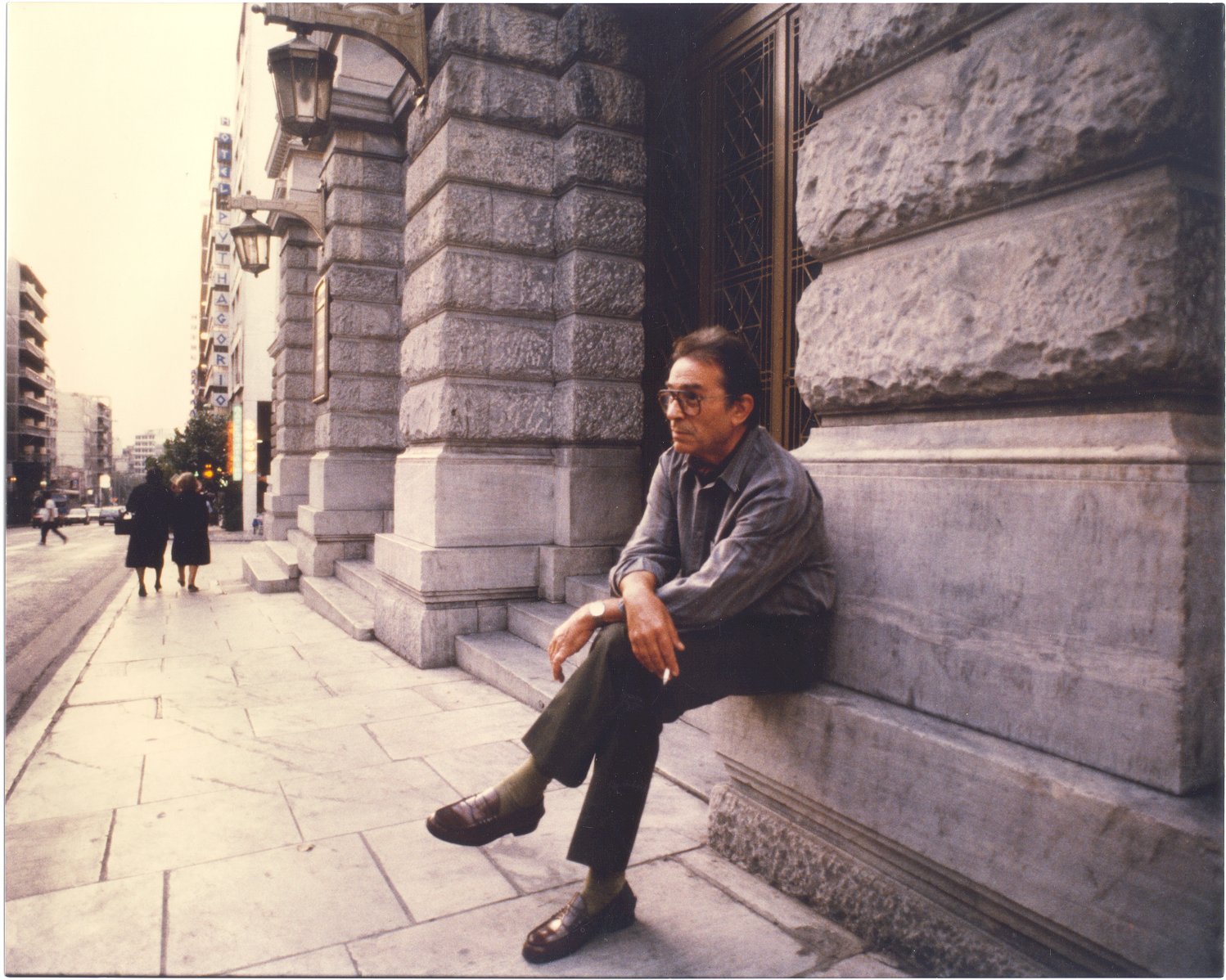Message from Iakovos Kambanellis on the occasion of World Theatre Day (2001)
I believe that the theatre will never cease to exist. And as paradoxical as this may sound, I believe that this ancient Art is also an Art for the future. Not because the creators of the theatre-writers, actors, directors, and the other contributors to every theatrical performance—will want it to be so, but because the public, the audience, you will want it.
On what do I base this optimistic prediction regarding the future of the theatre? On the idea that the theatre is the creation of a human spiritual need which we will never eliminate. I invite all of you at this very moment to join me in considering something which—in some sense—supports what I’m saying: it resembles an old story, that of man walking on the moon! It no longer amazes us that a spacecraft went to Mars and brought back soil samples! The construction of the huge space station which will welcome tourists and even newlyweds on their honeymoon has begun. It is already a routine matter that other spacecraft are exploring planets on the outer edges of our solar system and sending photographs back to Earth! So despite the fact that today we are living in the era of the conquest of space, we are, at the same time, going to the theatre, into the space of an Art which has existed and functioned with the same spare resources from the age in which measuring time with a sundial was a huge technological achievement.
I consider the already historically demonstrated relationship of man with the theatre over eons to be an eternal relationship. Because I believe that while the theatre evolved into a social phenomenon, it began as a natural phenomenon from the earliest times, when primitive humans began to commit their experiences to memory and reenact them in their imaginations. And began to plan their actions and to imagine their execution. The first theatre companies and the first theatre performances took shape in the human mind. Each individual has the innate need and ability to create performances. Have you ever realized that each of us, without exception, has at our disposal our own personal theatre company in which we ourselves are both protagonist and spectator? And quite often also writer, director, and set designer? When and how does this occur? Isn’t this what we do when we prepare for a personally important or critical meeting--by imagining it so that we can decide how we will comport ourselves? Aren’t our memories performances of our personal theatre companies? And our dreams while sleeping as well?
If, then, I think that the theatre will never cease to exist, it is because I believe that human beings will never stop living without the struggle associated with this process of self-knowledge... without the existential need to become spectators of ourselves and our own actions... that is, our spiritual constitution from which the Art of the Theatre originated, an Art which has been continually reborn over thousands of years and which will be reborn as long as there are human beings on the earth – humans like us, children of the erotic bond of a father and a mother and not products of a scientific laboratory.
I.K.
EN Translation © Diana Savas
